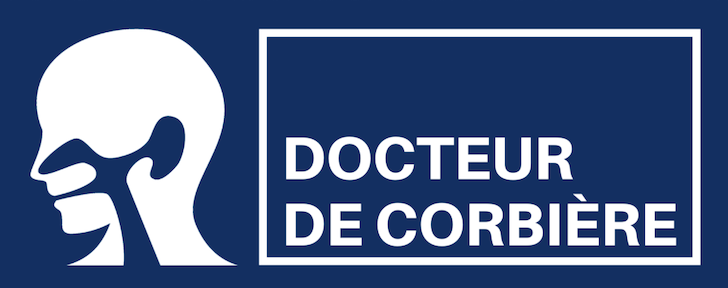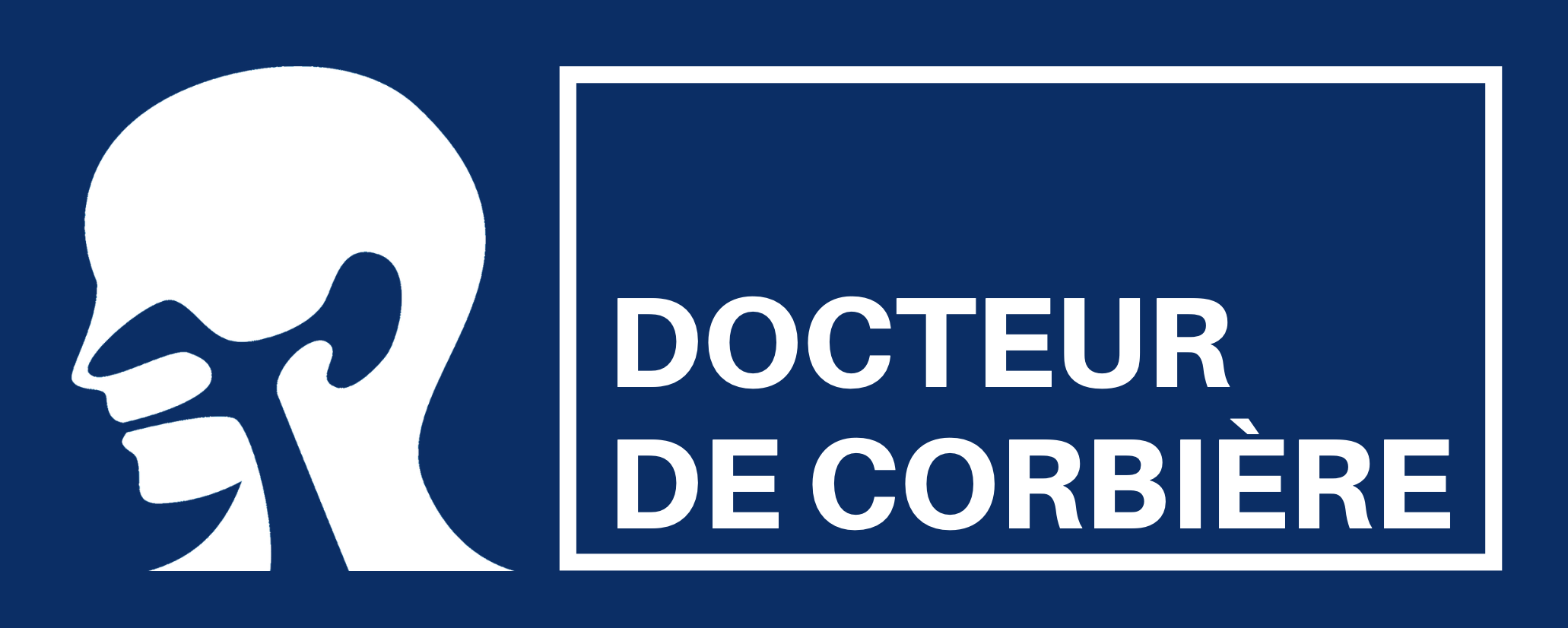
Training and and patient monitoring
It can take up to 15 years of medical training for an ENT doctor to be ready to practice their speciality.
In order to register with the French national board of physicians (known as Conseil de l’Ordre des Médecins), a candidate must first follow a general course of medical studies (usually lasting six years). Following this, they must then train in their specialty for at least a further five years.
Some ENT doctors carry out an additional one or two years of post-doctorate training, with the aim of specializing in one of seven current sub-specialties.
These sub-specialties are pediatric ears nose and throat, otology & neurotology (ears, balance & tinnitus), allergies, aesthetic and roconstructive plastic surgery, head and neck (thyroid), laryngology (the throat ) and rhinology (the nose).
There are some ENT doctors who will limit the scope of their professional practice to just one of these seven areas.
So what is it that makes ENT specialists the best doctors to treat conditions of the ear, nose, throat, as well as those connected to the head and neck area? These specialists differ from many physicians through their training in medicine and surgery. Specialist ENT consultants do not need to refer their patients to other doctors when they require a surgical procedure on their ears, nose, throat, head or neck. In this way, they are able to provide the most suitable patient treatment for each individual case.

